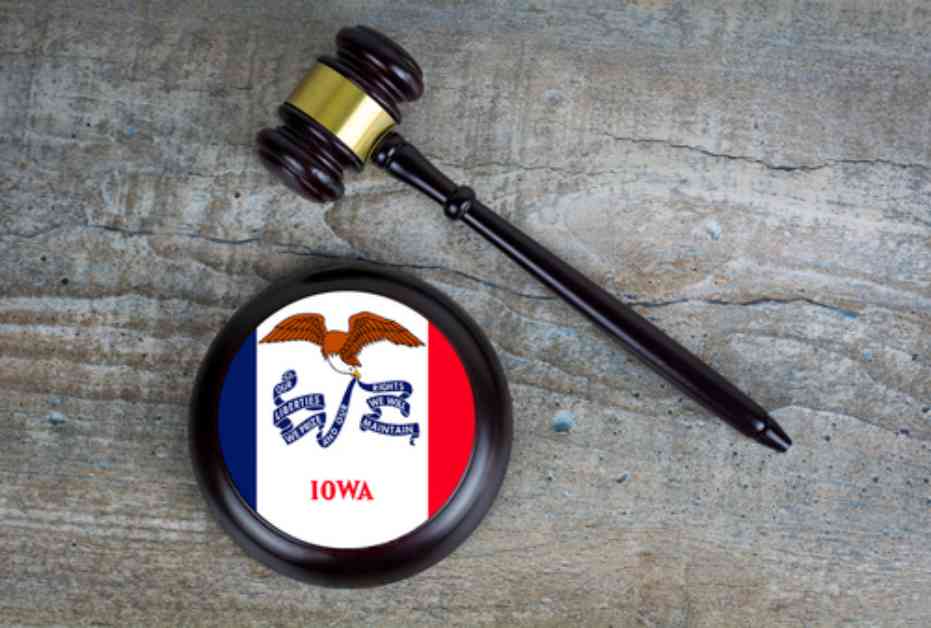Iowa Illegal Reentry Law Blocked by 8th Circuit
In a recent ruling, the 8th U.S. Circuit Court of Appeals at St. Louis has made a significant decision regarding Iowa’s immigration law. The court affirmed a preliminary injunction that prevents the enforcement of a law that makes it a crime for immigrants to be in the state if they reentered the country illegally after being denied entry or ordered deported. This ruling has sparked discussions and debates surrounding the intersection of state and federal immigration laws.
The Iowa law in question categorizes violations as aggravated misdemeanors and mandates judges to order convicted immigrants to return to the foreign nation from which they entered or attempted to enter the United States. However, U.S. District Judge Stephen H. Locher of the Southern District of Iowa sided with the Biden administration, arguing that the law may be preempted by federal legislation.
In a compelling opinion penned by Judge Duane Benton, the 8th Circuit upheld the preliminary injunction, stating that the Iowa law impedes the discretion granted to federal officials in enforcing immigration laws. Quoting a former U.S. Supreme Court decision, Benton emphasized that decisions about the removal of illegal aliens impact foreign relations and must be made with a unified voice.
Benton’s perspective on the case is particularly notable given his background as an appointee of former President George W. Bush. The panel also included Judge Jonathan A. Kobes, appointed by President Donald Trump, and Senior Judge Morris S. Arnold, appointed by former President George H.W. Bush. This diverse panel of judges adds complexity to the discussion of immigration law and enforcement.
While the 8th Circuit’s ruling marks a significant development, it may not be the final word on the matter. According to the New York Times, the decision could still be appealed, and the case has yet to proceed to trial on its merits at the district court level. Additionally, the U.S. Supreme Court may ultimately have to address the broader question of whether states have the authority to enforce their own immigration laws, especially concerning laws similar to the one in Iowa.
Publications such as Courthouse News Service, Law360, the Iowa Capital Dispatch, and the Des Moines Register have covered the order extensively, highlighting the implications of the court’s decision. The American Immigration Council and the American Civil Liberties Union, representing an immigration legal services group challenging the law, have also issued joint press releases in response to the ruling.
As the legal battle continues to unfold in United States v. Iowa, it underscores the complex and evolving landscape of immigration law in the United States. The intersection of state and federal jurisdictions, along with the broader implications of immigration policies, will continue to be at the forefront of legal discussions and debates in the coming months. Stay tuned for updates on this ongoing legal saga as it navigates through the judicial system.















